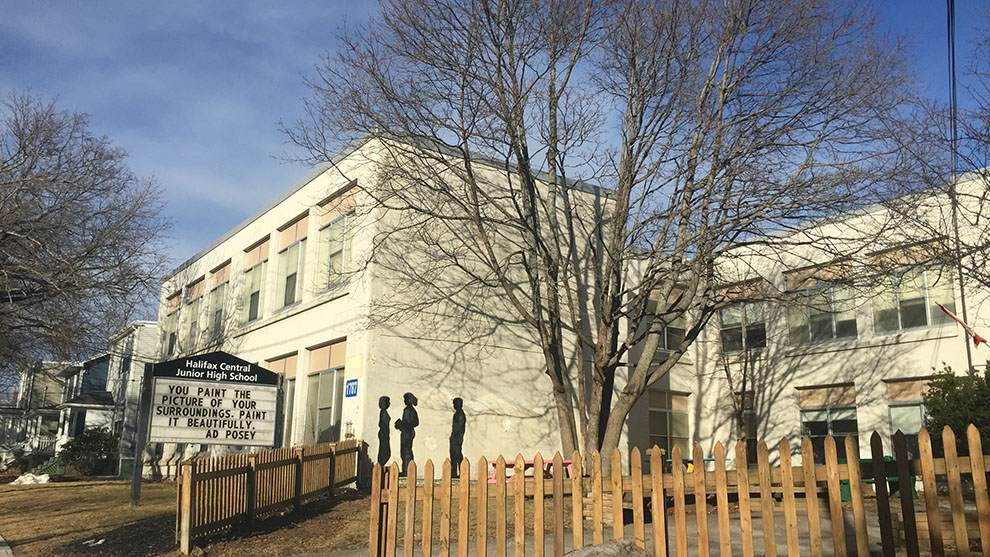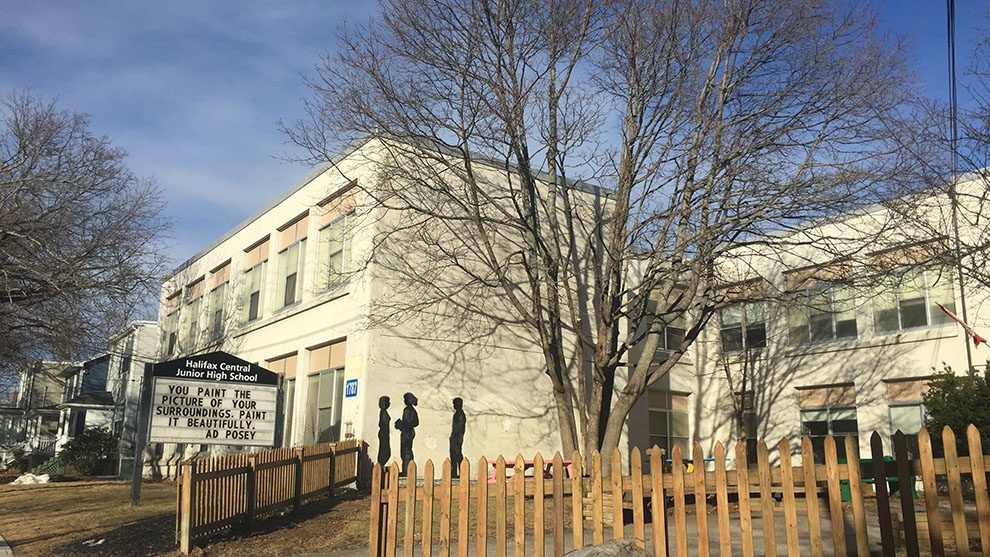Education
What exactly does a school board do?
Nova Scotia has seven English-language school boards, and they’re about to disappear

caption
Halifax Central Junior High is one of the schools under the HRSB.
caption
Halifax Central Junior High is one of the schools under the HRSB.A call to action by education consultant Avis Glaze has been heard by Nova Scotia and the province’s elected school boards will no longer exist after this school year.
In a report released Tuesday, Glaze gave 22 recommendations, which included one suggesting current board system be replaced with a provincial advisory council.
This new system would be more efficient and set a clear and unified direction for schools across the province, the report states.
On Wednesday, Education Minister Zach Churchill responded to the report and accepted all of the suggestions. The province will initially more forward with 11 of the 22 recommendations. Related stories
Glaze’s report states there is confusion about the responsibilities and roles of school boards and their connection to the schools.
So here’s what you need to know.
What’s a school board?
There are seven English language school boards across the province. They each represent dozens of schools and thousands of students in a particular region. The largest board in the province is the Halifax Regional School Board, which represents a total of 48,618 students in 135 schools. It is also the largest school board in Atlantic Canada.
Each individual board is responsible for managing the schools under its jurisdiction and maintaining a relationship with the education minister, under the regulations of the Education Act.
There is one francophone provincial board, the Conseil scolaire acadien provincial, but it will not be impacted by this change.
How do they work?
Voters in a particular school board region elect members for four-year terms at the same time municipal elections are held. Voter turnout is generally low, and sometimes members are acclaimed. During the 2016 election, voter turnout for the HRSB in each district was between 17 and 23 per cent.
Each board must have between five and 18 members. Two of those representatives must be African-Nova Scotian and Mi’kmaq.
Under the Education Act, members of the board must not have another position within the school board (such as teachers or administrative staff), can’t be elected in another provincial entity (like a municipal council or a justice in the Supreme Court) and must have lived in the district for at least six months.
The board chooses the superintendent, who is in charge of all the schools and staff in the region. In the HRSB, it’s Elvin LeRoux.
Within the HRSB, there is one representative for each of the eight districts in the region. The board meets at the school board office in Dartmouth on the fourth Wednesday of every month. They are in charge of creating budgets, setting policies and making sure that each of their schools follow the provincial curriculum. They are also responsible for things such as transportation, promoting schools and ensuring schools are safe.
There are school advisory councils that are made up of volunteers, including parents and teachers, who report any issues to school boards.
Members of the board, outside of the superintendent, are reimbursed for any expenses to do with their position, such as travel costs, that occur during their term.
For the 2017-18 fiscal year, the HRSB’s budget is $528 million. Seventy per cent of that comes from the province and about 25 per cent comes from the Halifax Regional Municipality.
The board has also been receiving a supplementary fund from the HRM since 2007, which varies each year. This fund is used for program and services support to enhance education.
What’s to come?
Nova Scotia plans to transition to a new, singular council for the province’s English schools at the start of the next school year in September.
There will also be one advisory council per school or family of schools, which will be in charge of quarterly progress updates and yearly meetings with the education minister.
Details are not set in place, nor is there a timeline for these changes.
Churchill says some of the money that is saved by removing school boards will be invested into the councils. The rest will go directly into schools themselves.
Churchill says the changes will “create a more responsive education system” when he spoke to the media on Wednesday, noting that the current system is “fractured.”

